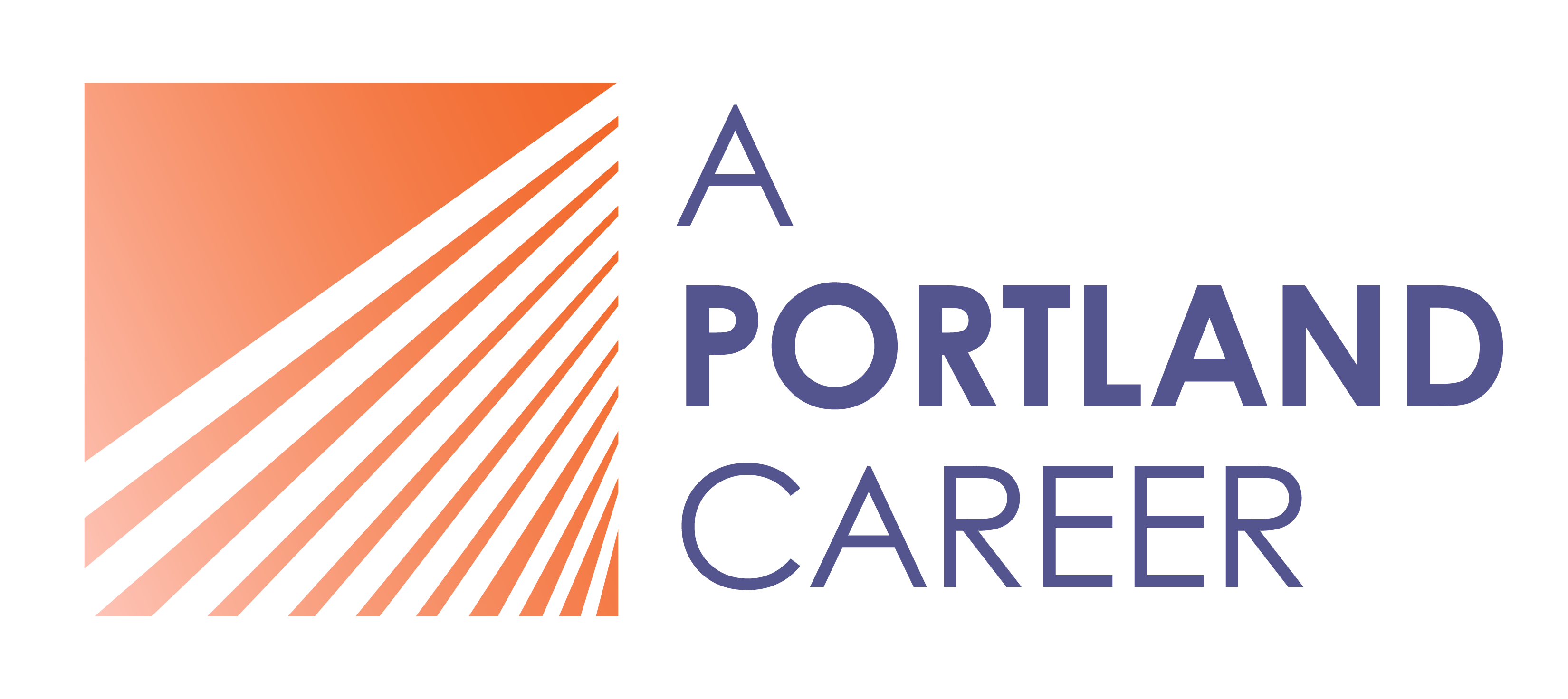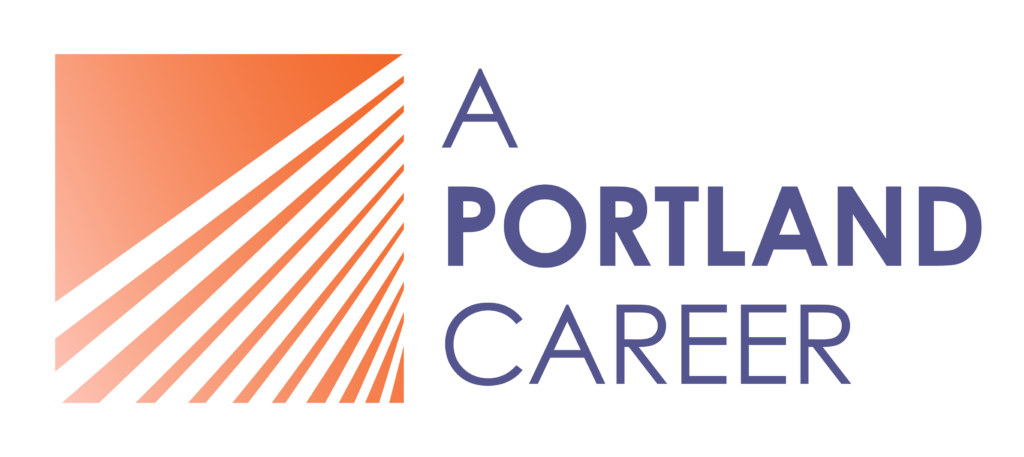Career decisions are often difficult because they require us to juggle so much information all at the same time. There’s no limit to the number of career paths out there, and each of them has so many different consequences: costs, potential rewards, uncertainties, etc. It’s easy to get overwhelmed by all that information whirling around in your head.
The problem is that we tend to oversimplify things when we’re overwhelmed.
How can you tell when you’re oversimplifying your career decision because of information overload?
- You keep putting the decision off for later, even though it is important to you.When we are confronted with too many options, we tend to get paralyzed and procrastinate on the decision.
- You vacillate between your options.If you lean toward one choice on some occasions and others at different times, it might be because there is too much to consider at once, so you limit your attention to specific concerns at different times.
- You disregard or even avoid new information.If you react to new information with confusion and fatigue, rather than interest, it’s probably because your mind is already overloaded.
How can we do something about our limited working memory?
We can expand our thinking capacity dramatically if we offload information to external memory aids. Examples of external memory are everywhere: sticky notes on a desk, napkin drawings, sketches on a whiteboard, computer charts, etc. All those help us think more efficiently by getting information out of our head. Certain forms of external memory are particularly useful for making decisions. Here’s one example: the decision table.
Organize all your thoughts and information in the structure of a matrix, of the sort that is sketched here.

- As column headers: fill in your criteria – that is, all the factors that matter for your career decision.
- As row headers: fill in all your options – for career decisions, these could be specific jobs or general career directions you want to consider.
- Then fill the cells inside the matrix with your “data”: what do you expect from each of your options, for each of your criteria?
Here’s an example of such a data table for a career decision.

Why are decision tables such great tools for career decisions?
- The matrix structure allows as many options and criteria as you want. That way, it can hold a lot of information without overwhelming your thinking. This creates a great amount of clarity.
- It helps you search for information, because each empty cell clearly shows a gap in your knowledge. Some of those empty cells will be easy to fill with a google search, or in an informational interview. Others cells will remain empty, but those are helpful too, because they highlight your true uncertainties.
- It helps you think creatively about how to improve or combine your options to fulfill your criteria even better.
- If you want to evaluate your options quantitatively to determine a winner, the table allows for weighting your criteria and ranking your options. You can find more instructions on how to do that, including spreadsheet templates and examples here.
- If you want to involve others in your decision, a table is a great basis for discussion and for sharing your thoughts, notes, concerns, and questions with them.
So, if you find yourself overwhelmed by a complex career decision, get out a pen and napkin (or a spreadsheet, if you’re a geek like me), and draw up a matrix. Feel the peace of mind that comes with knowing you’re making the best decision you can, based on your current knowledge. This is very empowering. Once you’ve decided, it will help you fully commit and get into action without fear of regrets.
 As a career counselor, decision coach and facilitator, Ursina Teuscher helps people and organizations think creatively to achieve their goals. She uses techniques and tools designed to improve decision processes. In particular, her methods help clarify core goals and values, evaluate strategies systematically, find innovative solutions, and reach goals effectively.
As a career counselor, decision coach and facilitator, Ursina Teuscher helps people and organizations think creatively to achieve their goals. She uses techniques and tools designed to improve decision processes. In particular, her methods help clarify core goals and values, evaluate strategies systematically, find innovative solutions, and reach goals effectively.
Ursina is a part-time faculty at Portland State University (PSU) and Marylhurst University, where she teaches decision making and career counseling. She facilitates strategic planning sessions at the Small Business Development Center at Portland Community College (CLIMB PCC,) provides strategic planning and coaching for businesses, and offers workshops on decision tools for professionals.
She has earned her doctoral degree (PhD) in psychology and a professional degree (MS) as a career counselor from the University of Freiburg, Switzerland. She has co-authored the book, “Heart and Mind: Mastering the Art of Decision Making,” and has published numerous peer-reviewed research articles in psychology and neuroscience.

